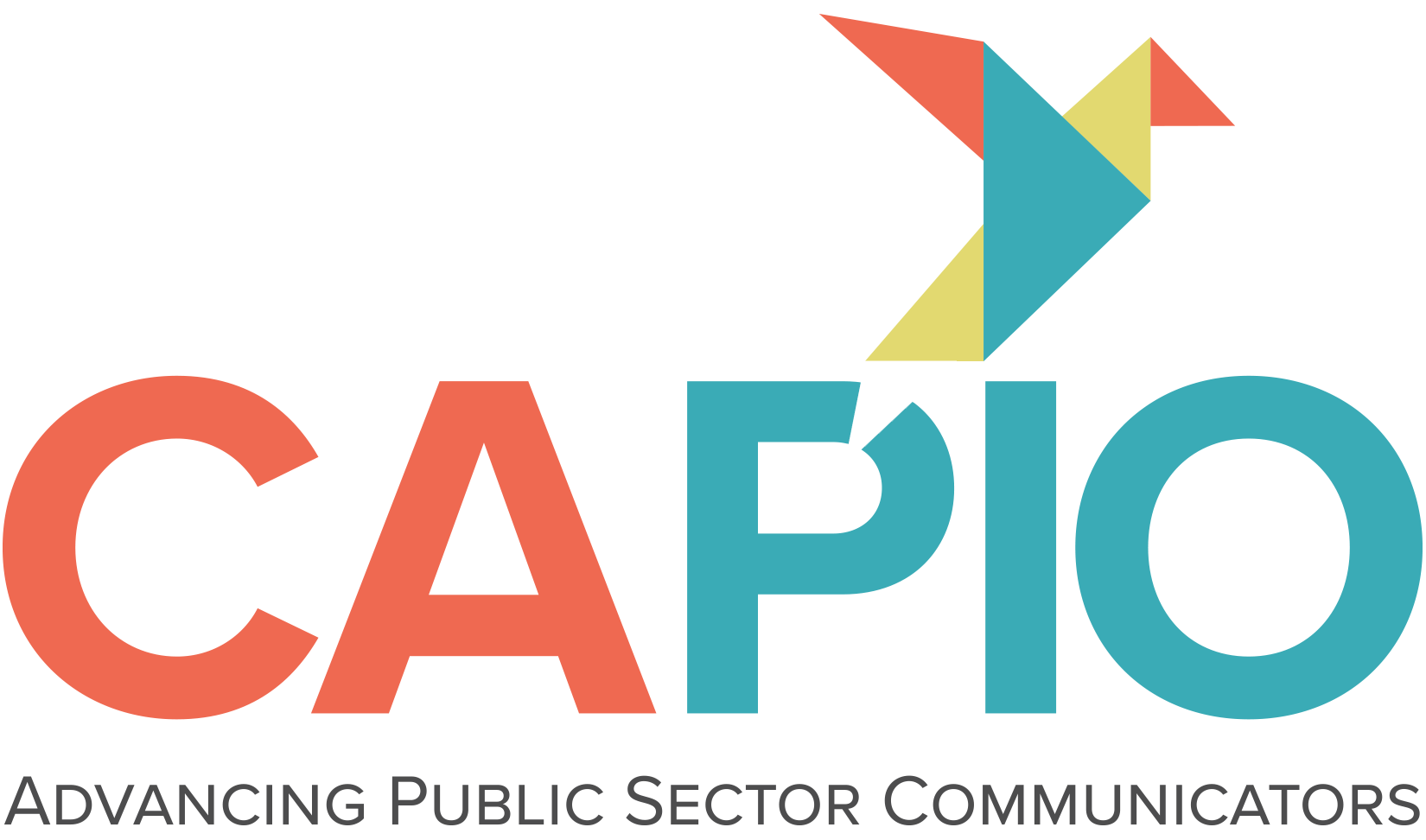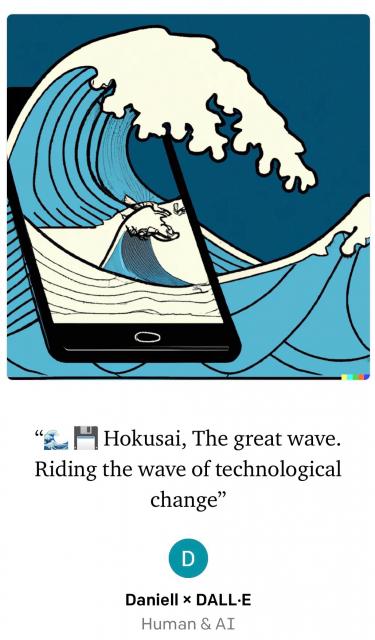Ride the Title Wave: Unlocking the Capabilities of Generative AI
Having just attended my first CAPIO Conference, I was struck by the fact that CAPIO includes members of four generations in attendance: Boomers, Gen Xers, Millennials, and Gen Z. Growing up in different decades means different touch points to best understand massive technological shifts.
Members of a certain vintage will remember the moment something new appeared called “video”. Not quite film, not quite broadcast television, in a couple decades video slowly changed the world around it and led to a generation which grew up surrounded by VCRs and Camcorders.
Spin the generational wheel of fortune again and land in a spot where we find folks who grew up before Home Computing, or those who remember the first time they heard someone say “internet” and had to figure out what that was. Instead of using the generational group names I referred to above, we could also easily introduce groups generationally this way: “Hi, this is Jill from Generation Walkman.” “Hey, nice to meet you, I’m Jeffrey from Generation Social Media”.
You probably have more than one shift to choose from but think for a second about a major tech shift that YOU lived through, particularly if there was one that occurred when you were already set in your career. How did it feel in the beginning, when you might have been able to ignore the new technology at first? How did it feel in the middle, when it became clear that the new tech shift was permanent and needed to be learned? How did it feel when you mastered the new tool and actually started using it? These can be strong feelings, but usually with a tech shift we get a little bit of time between these stages to deal with accepting change. Not so with the speed of this latest “tsunami of change” – Generative AI – with advancements over the last 9 months occurring at breakneck speed. Even research scientists who have been working within this space for years, remark upon how hard it is to process the speed of change when it occurs so rapidly.
The “future shock” that we are experiencing around GPT (generative pre-trained transformers) and LLMs (large language models) is somewhat universal, most everyone is still trying to process their initial feelings about this technology existing, while suddenly also trying to process additional feelings about it becoming a dominant technology and changing everything. Many people find it hard to engage with this subject, it’s overwhelming and moves quickly. But for a variety of reasons I’ve spent the last six years dealing with AI, LLMs, and now GPT, and I have some words of advice and guidance to share with CAPIO members of all generations.
- You can learn best by doing. Experimenting with the tools is the number one way that people become AI-literate and understand the world we are now working in. The next best way is by following those who are experimenting and sharing their insights – there are many to choose from. The people who have become the masters of this new technology are the ones that make time to play with it every day, just like learning a musical instrument.
- Adapt and integrate. Impacts on our workplace is going to be HUGE. A trending axiom in the AI discourse is “AI won’t take your job, but a person using AI might”. In general, if there is a new crucial skill that only some will learn, and then have an advantage from this knowledge, then we recommend learning that skill. With 100% certainty, I can recommend that “AI Media Literacy” is a skill worth having at the same or greater level than your peers.
- The specific opportunities (along with new threats) for local governments and agencies are growing every day. With every possible positive application of the technology comes a potential negative application. The same tools that could be used by a PIO to quickly write a press release can be used by pranksters to write fake press releases. Tools that can make images useful for marketing an events can also be used by malicious players to create misinformation about that event. Ignoring the opportunities to learn the tools won’t protect us from unknown threats, whereas becoming AI-literate will help us better anticipate and respond to new types of threats.
- Given the changing landscape and unknowns ahead of PIOs and Communication Directors, we believe that having advanced AI media literacy skills will be a potential superpower for those who engage early, learn, experience, and provide guidance to others.
CAPIO members have an advantage over other government officials who might approach AI because CAPIO members are gifted communicators who are skilled at pivoting in new situations. Communicating and creating with AI is vastly different that traditional computer programming. Instead, it is closer to the type of “outcome-based” communication that CAPIO members are particularly experienced with. In conclusion, I believe strongly that CAPIO members could be the best at using AI tools because when it comes to unlocking the capabilities of Generative AI, communication is the key, and CAPIO members are the master locksmiths.

